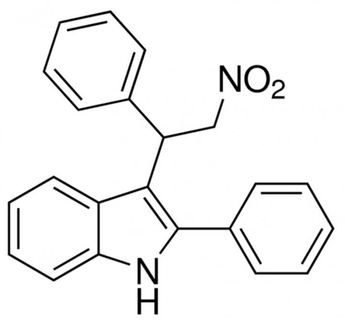One in seven students has dabbled in “smart” drugs
Advertisement
One in seven Swiss students has already tried to enhance his or her performance with prescription medication or drugs. Besides psychostimulants like Ritalin, students also consume sedatives, alcohol or cannabis. These substances are mostly only taken during the exam preparation period. Only a narrow majority of polled students reported the desired effects, as a representative study conducted by researchers at the universities of Zurich and Basel reveals.
American and European studies prove that students use prescription medication or drugs to enhance their cognitive performance. Researchers from the universities of Zurich and Basel examined whether Swiss students have also experimented with neuroenhancement and which substances they take by conducting a survey of 6,725 students with an average age of 23 at the two universities and ETH Zurich.
Majority consumes soft enhancers
Around 94 percent of the students surveyed had already heard of neuroenhancement. 13.8 percent of these students had tried to improve their cognitive performance with prescription medication or legal or illegal drugs at least once during their degrees. The substance most used was alcohol (5.6%), followed by methylphenidate such as Ritalin (4.1%), sedatives and soporifics (2.7%), cannabis (2.5%), beta-blockers (1.2%), amphetamines (0.4%), and cocaine (0.2%).
The respondents primarily took these substances during the exam preparation period, only consuming stimulating substances rarely in the exam situation or for general stress during their degrees. While daily neuroenhancement was a rare occurrence (1.8%), the majority consumed “soft enhancers” such as caffeinated products, non-prescription vitamin products or herbal sedatives before their last big exam – around a third even every day.
The number of Swiss students who take neuroenhancing drugs is comparable with recent studies conducted at European universities. “The purported frequency of neuroenhancement at Swiss universities needs to be put into perspective as we asked about psychoactive and calmative substances,” says PD Michael Schaub, the study leader and head of the Swiss Research Institute for Public Health and Addiction.
Narrow majority obtained desired effect
As a rule, advanced students who also had a job alongside their degrees and reported higher stress levels consumed performance-enhancing substances more frequently. Certain differences were apparent depending on the degree course: In Switzerland, students of the subjects architecture (19.6%), journalism (18.2%), chemistry (17.6%), economics (17.1%), medicine (16.2%), or pharmaceutics (16.1%) had more experience of neuroenhancement than budding mathematicians (8.6%) or sports students (7%), for instance.
According to the survey, the intended effect was only achieved in a narrow majority of the students, which is why only around half would actually take these substances to boost their brain power again. “The development of neuroenhancement at Swiss universities should be monitored as students constitute a high-risk group that is exposed to increased stress and performance pressure during their degrees,” concludes Schaub. “However, there is no need to intervene as yet.”




















































